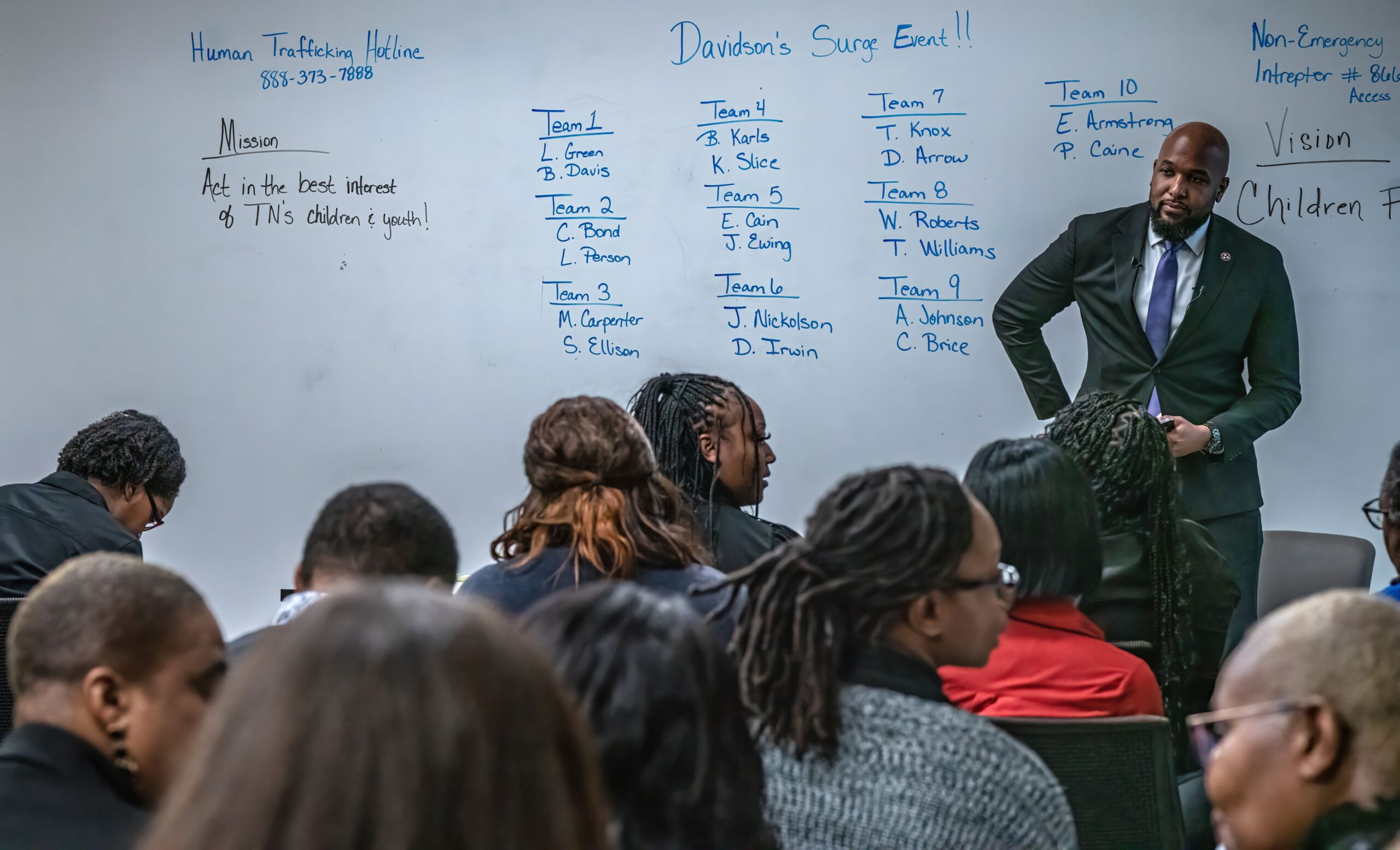The Tennessee Department of Child Services, already facing a class-action lawsuit over its treatment of children with disabilities, has been placing undiagnosed children for months at a time in privately run group homes designed to serve adults with disabilities, child advocates say.
These centres act as a stop-off point until an appointment can be made to assess children for underlying disabilities or mental health issues, which in some cases they may not have.
Emily Jenkins, an attorney with the Tennessee Justice Center and a longtime child welfare activist, said that while children and teens attend local schools, they are not allowed to invite friends over, bring their own snacks, have cell phones, receive the usual $2 a week foster care allowance or have their homework or grades checked. While a child lives in a group home and awaits an evaluation, efforts to find a foster home for that child are halted, she said.
Class action complaint accuses Tennessee Department of Child Services of mistreating children with disabilities
“And now it’s summer and they have no support and they’re just waiting at home,” Jenkins said.
“This is another way DCS is placing children in places other than their homes,” Jenkins said. “We are taking a major step back from the progress that has been made to ensure that a child’s first and best place is at home.”
Privately run “assisted living” homes previously contracted with the Department of Intellectual and Developmental Disabilities (DIDD) to serve adults.
These are separate from state-run group homes that house adults with severe physical and intellectual disabilities, and DCS also houses children there.
The Lookout reported last month that DIDD had notified adult families living in state-owned facilities that the facilities would be “decommissioned” for children in state custody. Affected families told The Lookout that state officials later backed off the move after facing backlash from survivors and disability rights groups.
A DCS spokesman said last week that the agency would respond by Friday to questions posed two weeks ago about how many children were in group homes for people with disabilities and for how long. DCS did not provide a response Friday.
The state’s troubled child welfare agencies have come under intense scrutiny in recent years over the mistreatment of children in their care.
The agency has taken suspected abused or neglected children from their homes, forced them to sleep on office floors, and hospitalized them for months after they were ready to be discharged.
‘Pitting one group against another’: Tennessee asks adults with disabilities to take in foster children
DCS-sanctioned juvenile detention centers illegally place children in solitary confinement as a routine form of punishment.
And a recent class action lawsuit filed in federal court last month alleges that DCS illegally and unconstitutionally detains children with disabilities in prison-like facilities where they are pepper-sprayed, beaten, and denied their rights to education and health care.
Lawmakers approved a $1.1 billion budget increase for the agency last year to hire more caseworkers and set up transitional housing for detained children, but the agency remains under intense scrutiny over its treatment of children.
Advocates say they are particularly concerned that normal safeguards for adults and children housed in group homes are not being applied to children in DCS custody.
DCS’s rules for assisted living facilities do not place any limits on how long children can stay in a group home, and up to three children are supervised 24/7 by hourly employees.
Under longstanding DIDD regulations, private contractors who run group homes must only accept individuals with a diagnosed intellectual disability (defined as an IQ of 70 or below) or developmental disabilities such as cerebral palsy or spina bifida to comply with federal regulations designed to ensure individuals receive an appropriate level of care.
DCS also has longstanding rules about “qualified residential treatment programs,” which require them to follow strict standards before placing a child outside of a home, including 30- and 60-day evaluations by experts to ensure the child is placed in the most appropriate location.
None of those standards apply to the assisted living group homes where Tennessee children currently reside, according to a DCS email to advocates reviewed by The Lookout.
Get morning headlines delivered to your inbox
subscribe

